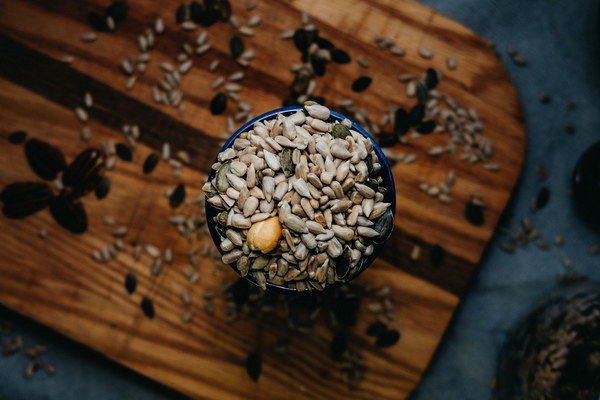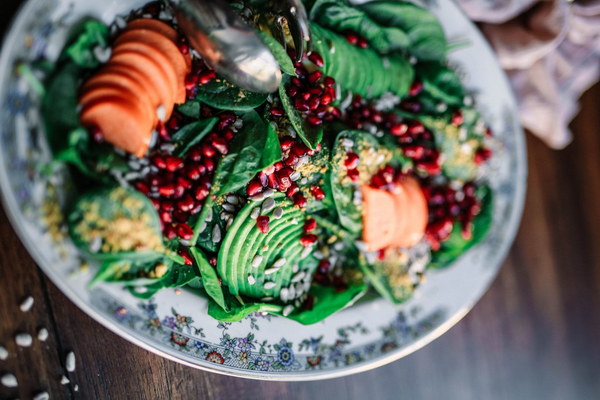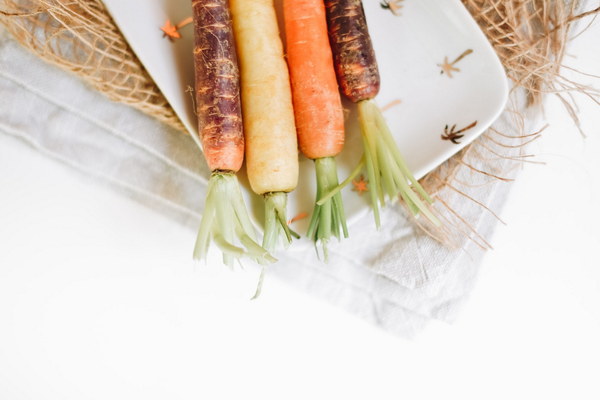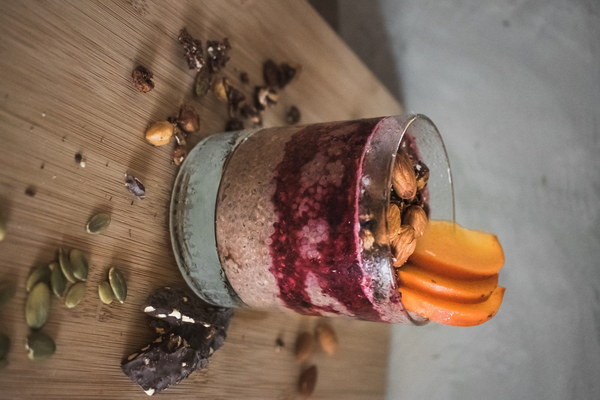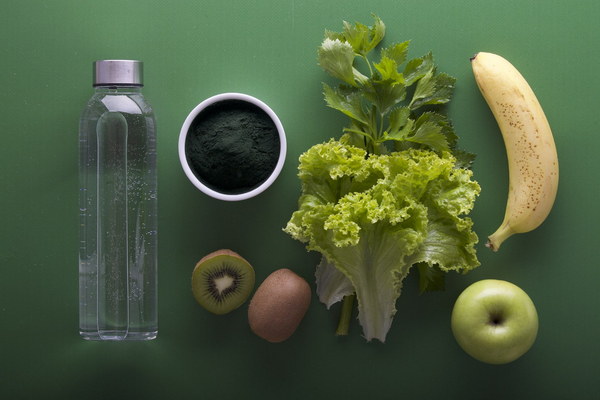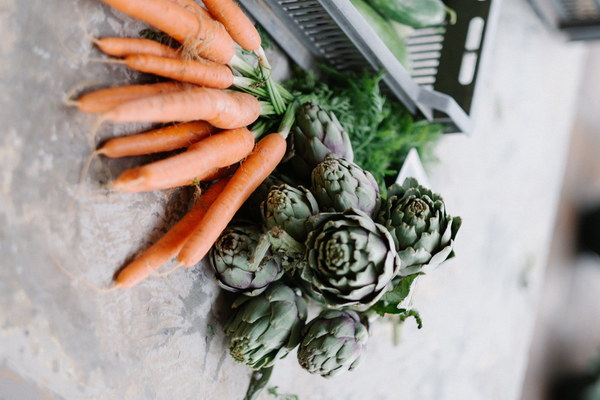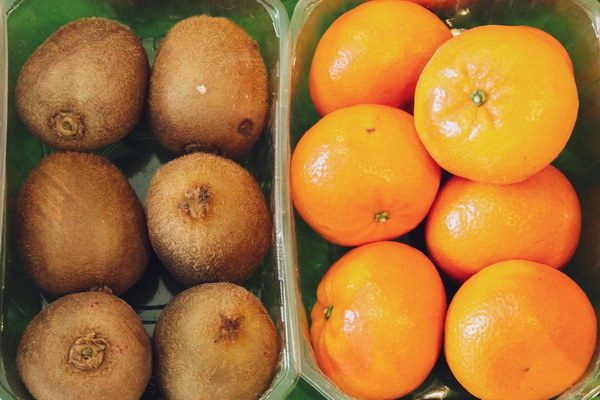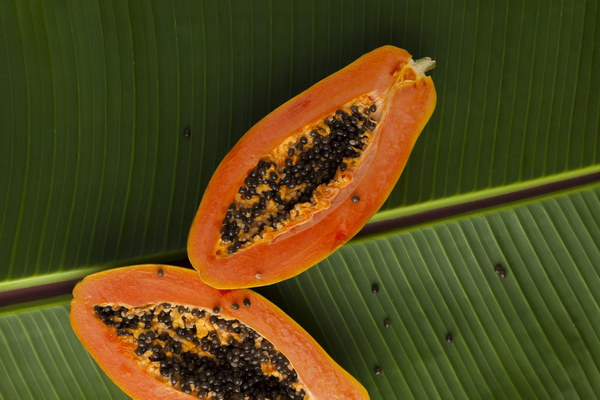Embrace the Festival of Grains Health and Wellness Practices for the Chinese Grain in Full Season Xiao Man
As the sun ascends higher in the sky, signaling the arrival of the fifth solar term, Xiao Man, the Festival of Grains, we find ourselves in the midst of a season where the earth is rich with fertility and the harvests are bountiful. This time, which falls between May 20th and June 5th, is celebrated in China as a time to honor the fullness of the rice and wheat crops. It is also an excellent opportunity to adopt health and wellness practices that align with the principles of nature and balance.
The essence of Xiao Man revolves around the concept of plenty, reflecting the abundance of grains that mark the season. To maintain harmony with this energy, it is advisable to incorporate certain healthful practices into our daily routines.
1. Embrace the Earth's Bounty: Grains and Nourishment
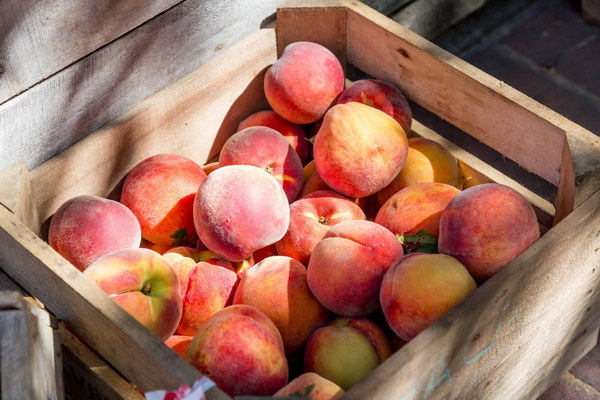
Grains, the cornerstone of the Chinese diet, are not just a symbol of Xiao Man, but also a source of vital nourishment. During this season, it is recommended to increase the consumption of grains like wheat, barley, and millet. These foods are rich in carbohydrates, which provide energy, as well as fiber, vitamins, and minerals that support overall health.
For breakfast, consider a warm bowl of porridge made with wheat or barley, which can be soothing and grounding. Lunch and dinner can include dishes featuring whole grains, such as brown rice, quinoa, or buckwheat. These grains not only satisfy your appetite but also contribute to a balanced diet.
2. Seasonal Herbs for Wellness
Herbs and medicinal plants are another way to harness the healing power of the Xiao Man season. Traditional Chinese medicine (TCM) suggests using herbs that are cooling and nourishing, such as chrysanthemum, mint, and dandelion, to help balance the body's energy and promote health.
These herbs can be incorporated into your diet in various ways, such as brewing them into teas, adding them to soups and stews, or using them in herbal poultices and compresses. They can also be used to make healing balms and ointments that can help alleviate common ailments.
3. Movement and Exercise: Harmonizing with the Elements
Physical activity is essential for maintaining health and balance during the Xiao Man season. This time of year is associated with the element of Earth, which corresponds to the stomach and spleen in TCM. Therefore, it is beneficial to engage in activities that strengthen these organs, such as gentle walking, tai chi, or yoga.
Exercise should be moderate and aim to harmonize with the natural world around you. Spend time outdoors, whether it's in a local park, forest, or simply in your backyard, to connect with the Earth's energy and improve your mood.
4. Mindfulness and Meditation: Cultivating Peace of Mind
The Xiao Man season is also an excellent time to focus on mental and emotional well-being. Stress and anxiety can disrupt the body's balance, so it is crucial to cultivate peace of mind.
Meditation, deep breathing exercises, and other mindfulness practices can help you stay centered and grounded. Try to incorporate a few minutes of meditation into your daily routine, focusing on your breath and the present moment. This will not only help you manage stress but also improve your overall sense of well-being.
5. Celebrate with Tradition: The Xiao Man Festival
The Xiao Man Festival is a time for celebration, and part of that celebration is engaging in traditional activities that honor the season. Participate in local festivals, enjoy the abundance of fresh produce, and share meals with family and friends. The joy and community spirit that accompany these events are a vital part of maintaining good health.
In conclusion, the Xiao Man season is a time to embrace the fullness of life, from the abundance of the harvest to the health and wellness practices that can be adopted. By focusing on grains, herbs, movement, mindfulness, and tradition, we can honor the spirit of Xiao Man and cultivate a balanced, harmonious life.
